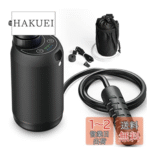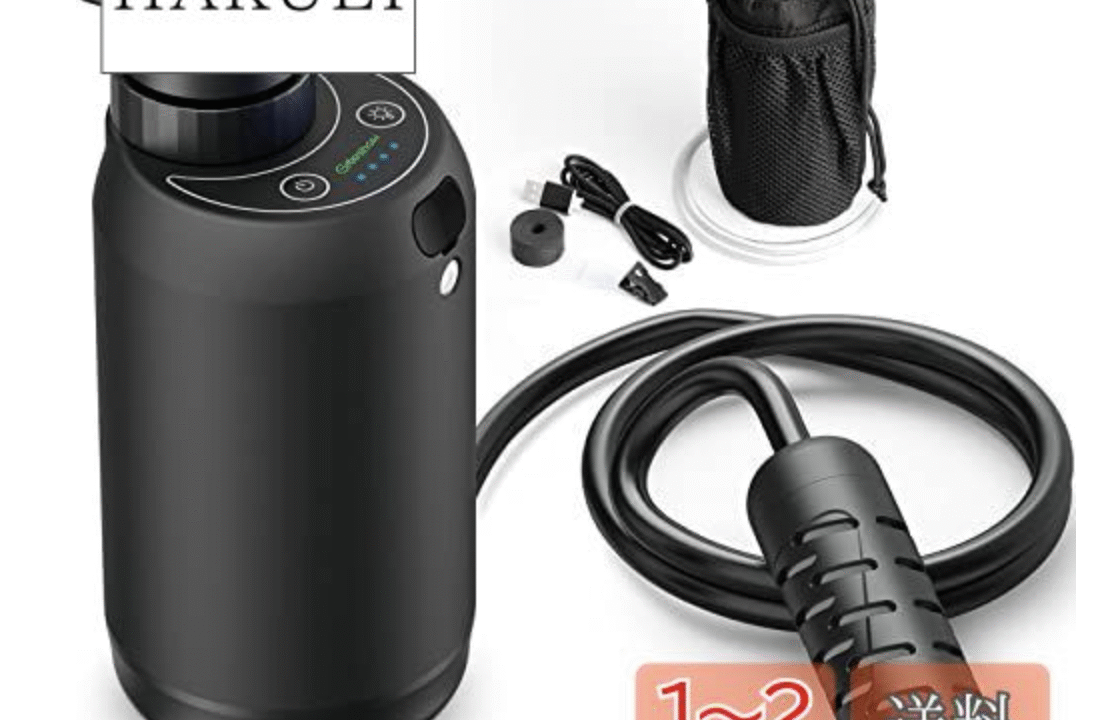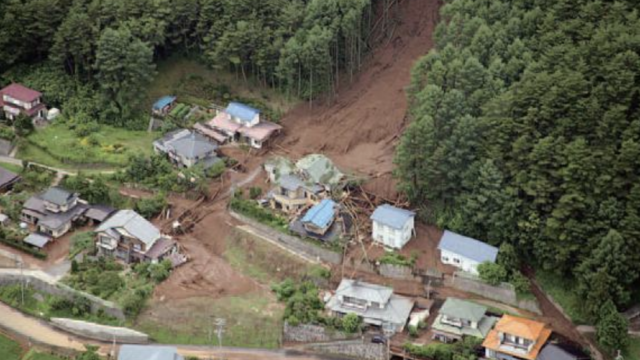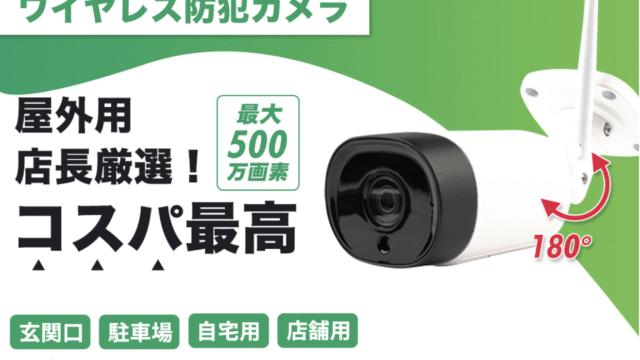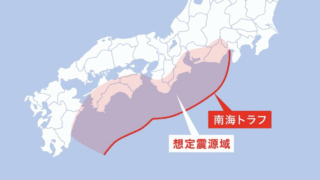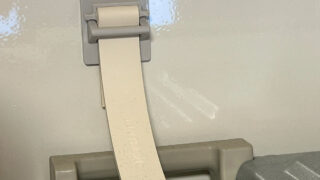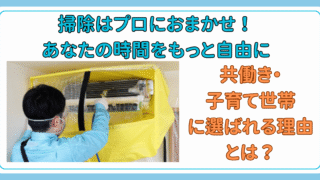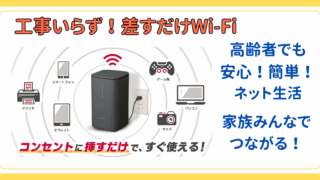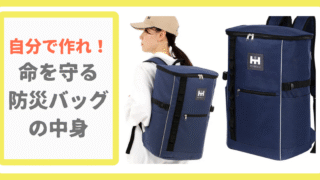It could happen when you least expect it — here’s how to be prepared, wherever you live.
I’m writing this as someone who grew up in Japan — a country that experiences thousands of earthquakes every year.
From a young age, I was taught how to protect myself when the ground shakes. Earthquake drills, emergency kits, and public announcements are just a normal part of life here.
That’s why I wanted to share what I’ve learned with people outside of Japan — especially in places where earthquakes aren’t as common, and preparedness isn’t a daily habit.
You don’t have to live in a high-risk zone to take this seriously. A little knowledge and preparation can go a long way — and this post will help you get started.
It could happen when you least expect it — here’s how to be prepared, wherever you live.
When you think of earthquakes, you probably imagine places like Japan, California, or Chile. Fair enough — they do get hit a lot. But here’s something most people don’t realize: earthquakes can (and do) happen in places you’d never expect.
In recent years, quakes have shaken cities far from major fault lines. And when they do, the results can be devastating — not necessarily because the quake is huge, but because people aren’t prepared.
So no, you don’t need to live in a “high-risk zone” to take this seriously. If you’re reading this, you’re already doing more than most. Let’s talk about a few things that can make a big difference if — or when — the ground starts shaking.
It could happen when you least expect it — here’s how to be prepared, wherever you live.
🌐 “Earthquakes? That’s not really my problem… is it?”
If you’ve never felt an earthquake before, it might feel like something out of a movie — dramatic, scary, but distant. Maybe it’s something that happens in California, Japan, or the Pacific Ring of Fire… not where you live.
But here’s the thing: earthquakes can happen anywhere.
In recent years, earthquakes have hit places like Oklahoma, Turkey, New Zealand, Morocco, and even central parts of Europe. Many of these areas weren’t considered “major risk zones.” The result? Huge damage, injuries, even loss of life — not just because the quakes were strong, but because people weren’t ready.
We often prepare for things that feel familiar — snowstorms, floods, fires. But when something rare and unexpected hits, that’s when preparation really counts.
So here’s a question for you:
If an earthquake struck your city tonight, would you know what to do? Would your family know?
If the answer is “not really”… don’t worry. You’re not alone — and that’s exactly what this post is here to help with.
1. “Earthquakes? That’s not really my problem…”
You might think earthquakes only happen in places like Japan or California. But here’s the thing: earthquakes can strike in unexpected places too. And when they do, the damage can be huge — especially if no one’s ready for it.
2. Why You Should Care (Even If You’ve Never Felt One)
Earthquakes often hit without warning.
Some areas are overdue for a big one.
Emergency services might take time to respond — you might need to rely on yourself and your family at first.
3. So What Can You Actually Do?
You don’t have to become a survival expert, but a few simple steps can make a big difference:
Build an emergency kit: Think water, food, flashlight, batteries, phone charger, any meds you need.
Know your safe spots: Under a sturdy table, away from windows.
Make a plan: How will you contact loved ones if phones go down? Where will you meet if you’re separated?
Practice it: Even a quick “earthquake drill” with your family once a year helps.
4. What If It Happens While You’re Home, at Work, or Traveling?
During a quake: Drop, Cover, and Hold On. Don’t run outside — it’s safer to stay put and protect your head.
Right after: Check yourself and others for injuries. Be ready for aftershocks. If it’s safe, turn off gas and electricity.
5. What We Can Learn from Japan
Japan deals with a lot of earthquakes — and their level of preparedness shows. People there know what to do, emergency kits are common, and schools and workplaces run regular drills. We can take notes.
6. One Last Thing: Don’t Wait
Preparedness isn’t about being paranoid — it’s about being smart.
Even just talking about it with your family or roommates is a solid first step. You’ve already started by reading this far.
Emergency Kit Must-Haves
You don’t need a bunker — just the basics. Here are a few essentials worth having on hand:
Flashlight
Power outages are common during earthquakes, so having a reliable flashlight is crucial. A good flashlight will help you navigate through dark spaces, check on family members, and avoid potential hazards.
This compact, high-power flashlight is my go-to. It’s small enough to fit in your emergency kit but powerful enough to light up a room. I’ve used it during several power outages, and it’s always performed well.
Water Filter
Clean drinking water is non-negotiable during an emergency. If the water supply gets contaminated or runs out, you’ll want a portable filter on hand.
This water purifier is perfect for both earthquakes and outdoor activities like hiking. It’s small, lightweight, making it ideal for an emergency kit. It’s also a lifesaver for traveling or camping in areas where clean water isn’t readily available.
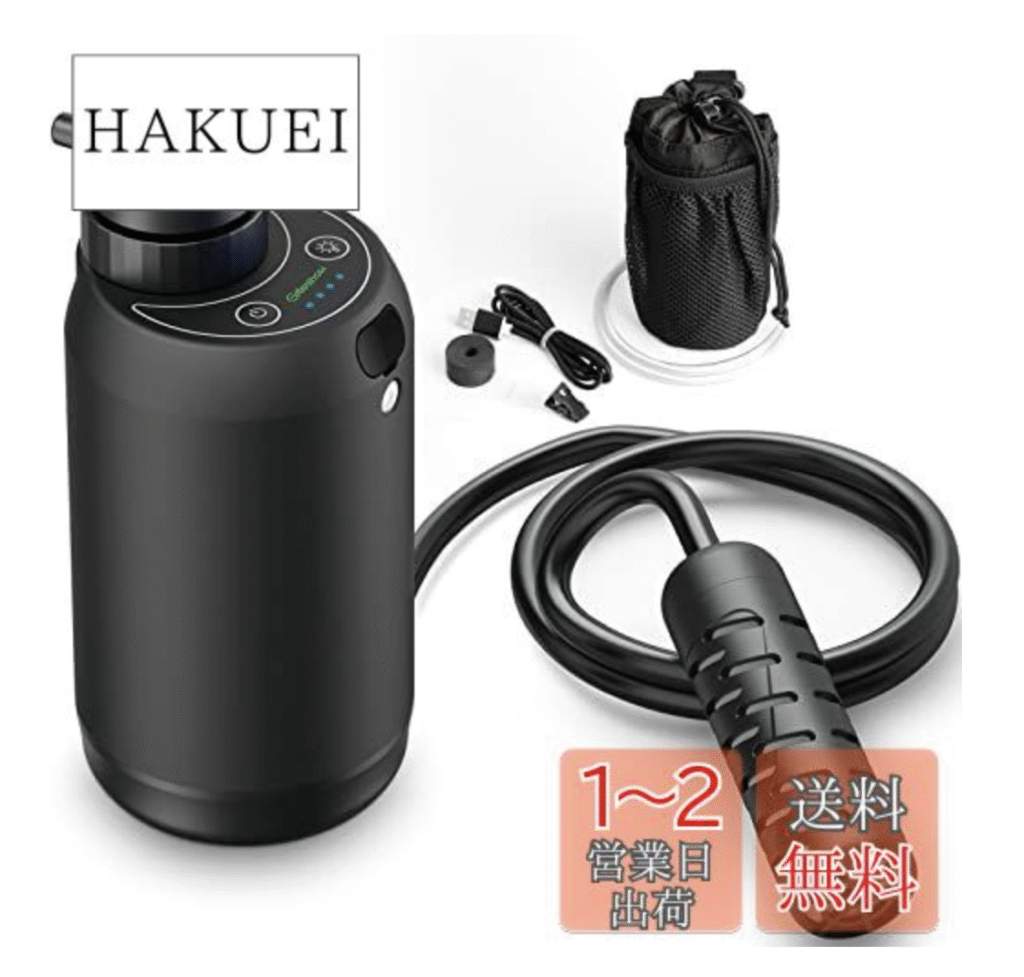
Portable Phone Charger
When the power goes out, your phone is your lifeline. Whether it’s for checking on loved ones or keeping track of emergency alerts, a portable charger is essential.
I swear by this high-capacity portable charger — it’s compact, charges multiple devices, and holds enough power to last through a few days without electricity.
Final Thoughts
Don’t Wait for the Worst, Start Preparing Today
Earthquakes are unpredictable, but your response doesn’t have to be. Taking small steps now to prepare can give you peace of mind and make all the difference when the ground starts shaking. Whether it’s assembling an emergency kit, making a family plan, or simply knowing what to do during a quake — every bit of preparation counts.
So, take a moment today to check your emergency supplies, talk to your loved ones about your plan, and make sure you’re ready for anything. Remember, the best time to prepare is before the unexpected happens.
By being proactive, you can reduce the stress and uncertainty of an emergency. And if you don’t know where to start, check out the items I’ve recommended above — they’re a great place to begin.
Don’t wait. Get prepared. Stay safe.
